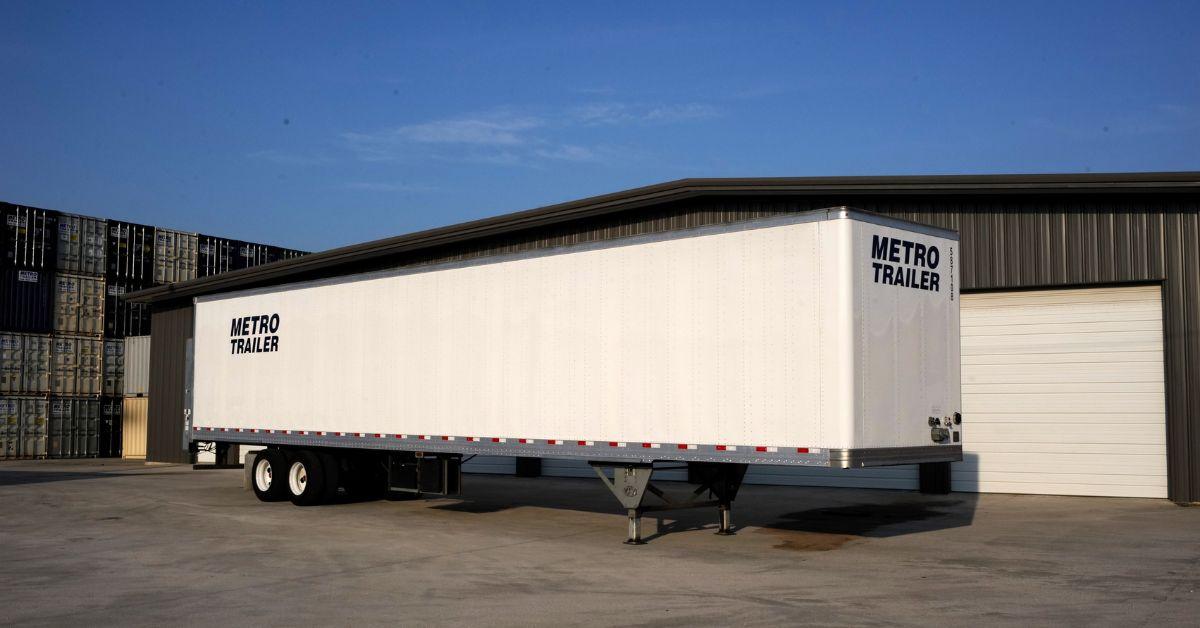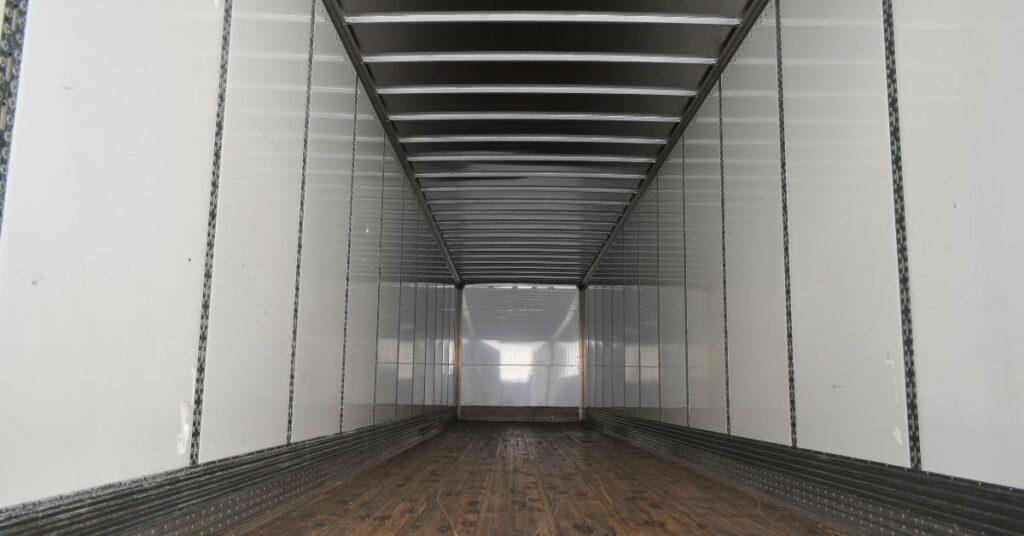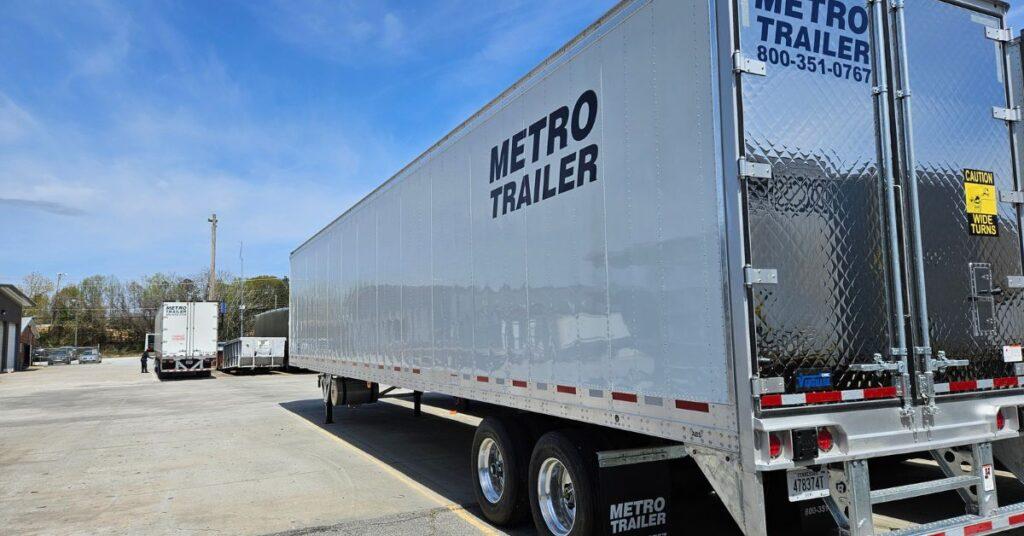
8 Important Questions To Ask When Renting a Trailer
Trailers open up a world of possibilities, whether you’re setting up a portable office or storing valuable items in a secure setting. Renting a trailer can make your job easier, but choosing one means asking the right questions to avoid unexpected headaches.
It’s not just about the size or purpose of the trailer; it’s about understanding the terms, fees, and responsibilities tied to your rental. For instance, does the rental price include insurance, or is that an extra cost? Will you need to handle maintenance or repairs during the rental period? Questions like these may seem small, but the answers can affect your entire experience, especially if surprises pop up after you sign a contract.
Knowing what to ask gives you the peace of mind necessary to focus on your plans instead of worrying about what you might have missed. We’ll go beyond the basics and guide you through the most important questions to ask. By the time you’re done reading, you’ll feel ready to pick the perfect trailer and enjoy a smooth, hassle-free rental process.
“Which Trailer Suits My Needs?”
Will you need an enclosed trailer to protect your goods from weather or an open trailer for easier loading? Consider materials too—aluminum trailers are lightweight, while steel ones usually offer more durability. Special features such as ramps, tie-down points, or double axles might also be necessary, depending on your load.
Think about towing as well. Not all vehicles can handle every type of trailer. Matching the trailer to your task can save time, prevent damage, and make the entire process smoother. Getting these details right upfront makes the rental more efficient.
“What Are the Rental Terms?”
Rental companies may charge differently according to the rental duration, mileage, or specific features the trailer offers. Ask about the base rental cost, but don’t stop there. Check for hidden fees, such as drop-off charges, cleaning costs, or late return penalties.
Some companies might also add taxes or damage protection fees that are not included in the initial quote. Clarity on how fees are calculated will prevent surprises and help you form an accurate budget. Be sure to ask about deposits too; many places require a refundable security deposit, and you’ll want to know when and how they will return those funds.
“Does the Rental Include Insurance?”
Insurance is often overlooked but can be a lifesaver in case of accidents or damage. Ask if the rental includes any form of insurance, such as liability or collision coverage. Some providers might offer basic coverage, while others expect you to arrange it yourself.
If the rental company doesn’t provide insurance, check with your personal auto insurance provider to see if they can extend coverage to the trailer. Ask what would happen if the trailer or its contents become damaged during the rental period. Knowing these details ahead of time will give you peace of mind and limit disputes with the rental company.

“What Is the Condition of the Trailer?”
Inspect the trailer’s condition before signing any agreement—never skip this step! Look for any signs of wear and tear, such as dents, rust, or worn tires. Take a close look at the brakes, lights, and hitch system to make sure they function properly. A damaged trailer can lead to inconvenience and potentially unsafe situations during your rental period.
Ask the commercial trailer rental company about maintenance reports or service history to confirm the trailer has been regularly serviced. If you spot any issues, document them and ensure the company acknowledges the problems in writing before you leave with the trailer. Taking photos or videos during the inspection can serve as a record to protect you in case there are disputes about pre-existing damage later.
“Who’s Responsible for Maintenance and Repairs?”
Ask the rental company who handles routine upkeep during the rental period. Small issues like blown fuses or a flat tire can disrupt your plans, so you should know who to call and how they’ll address those issues. Some companies offer roadside assistance as part of the rental agreement, which can be a lifesaver if problems arise.
If repairs are your responsibility, ask if specific parts or services need to be approved before you proceed. Clarify how the company will reimburse you for expenses if you cover costs up-front. Clear communication about maintenance often makes the difference between a successful rental and an expensive mistake.
“What Kind of Towing Equipment Do I Need?”
Not all trailers are compatible with every towing vehicle, so double-check the hitch requirements. First, confirm your tow vehicle can handle the trailer’s weight, including the load you plan to carry. Then, ask the rental company about the specific hitch type you’ll need. Some trailers require a ball hitch, while others might need a pintle hook or fifth-wheel connection.
Verify that your vehicle’s hitch is installed properly and meets these requirements. Don’t forget about electrical connections; trailers often need their lights synced with the towing vehicle’s braking and turning signals. If you’re missing anything, ask the rental company if they provide or rent additional towing equipment.

“Are There Travel Restrictions?”
Some rental agreements place limits on the distance you can travel or the geographic area you’re allowed to use the trailer. Ask about mileage caps and what fees apply if you exceed them. Some companies allow unlimited mileage, while others may charge a per-mile fee after a certain threshold.
Geographic restrictions might also apply, particularly if you plan to cross state or country borders. If there are restrictions, ask if the company offers special permissions or extended contracts. The more you understand the boundaries, the less likely you are to encounter complications along the way.
“What Is the Return Policy?”
Returning a trailer goes beyond simply dropping it off. Ask about the official return time and whether there’s a grace period for being late. Some providers charge daily fees for late returns, while others may add penalties that go beyond the standard rate.
Make sure to ask where you need to return the trailer. Some companies require it to be dropped off at the same location, while others allow for different drop-off points, though these may come with an extra fee. Inspect the trailer before returning it to confirm it’s in the same condition as when you picked it up.
Wrapping It Up…
Commercial trailer rentals are a unique chance to take control of your plans. Asking the right questions doesn’t just help you pick the best rental trailer; it shows you’re prepared and serious about getting the most out of your rental experience. With a bit of planning and curiosity, you can avoid surprises and keep everything running smoothly.
Take your time when speaking with rental companies. Treat it like a conversation instead of just checking boxes. You might discover helpful tips or upgrades you didn’t even know about. Every rental is slightly different, and building a good relationship with the provider can make your experience even better.
Keep those questions handy, trust your instincts, and don’t be afraid to dig into the details. The more informed you are, the more confident you’ll feel when you load up that trailer.